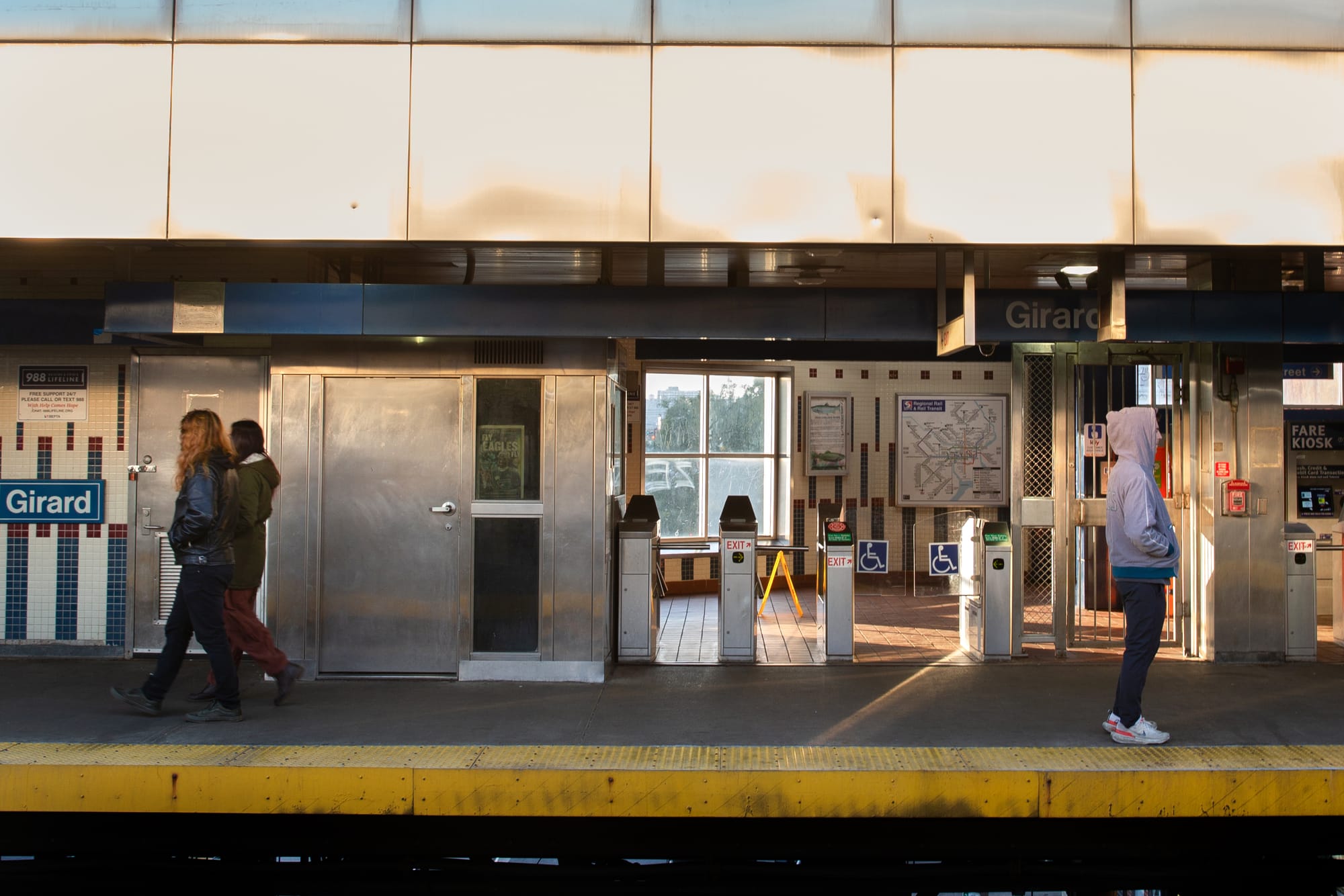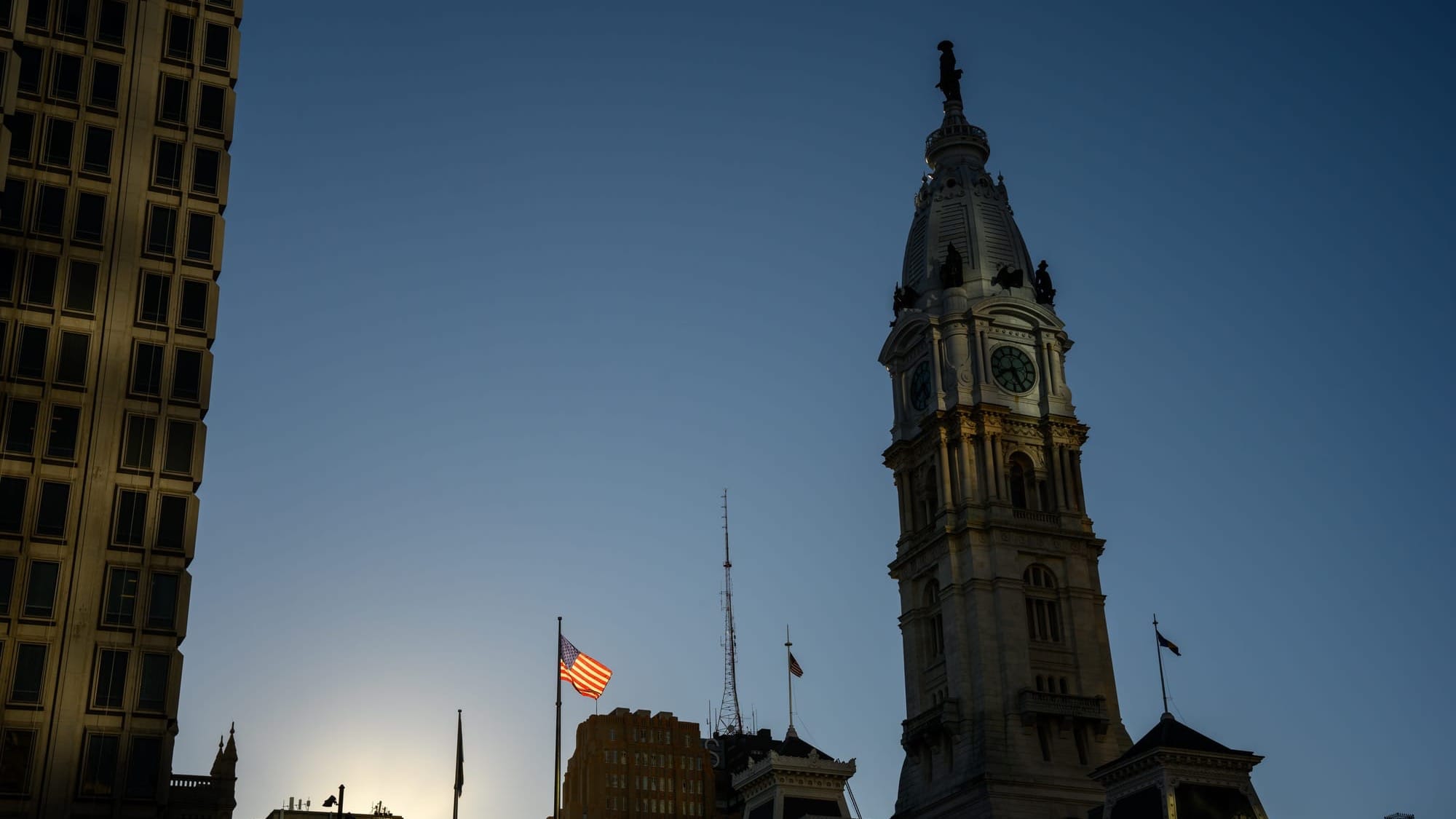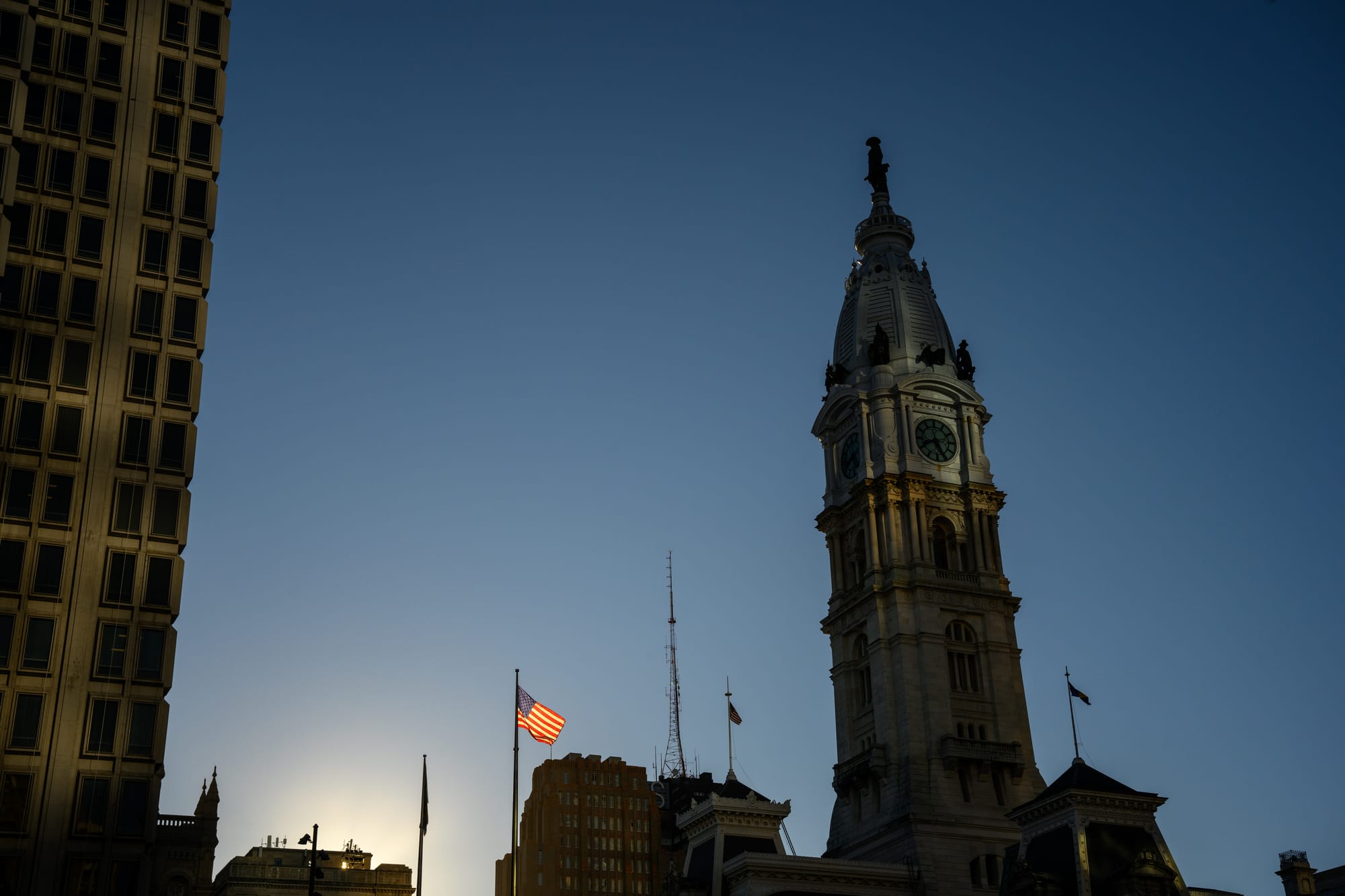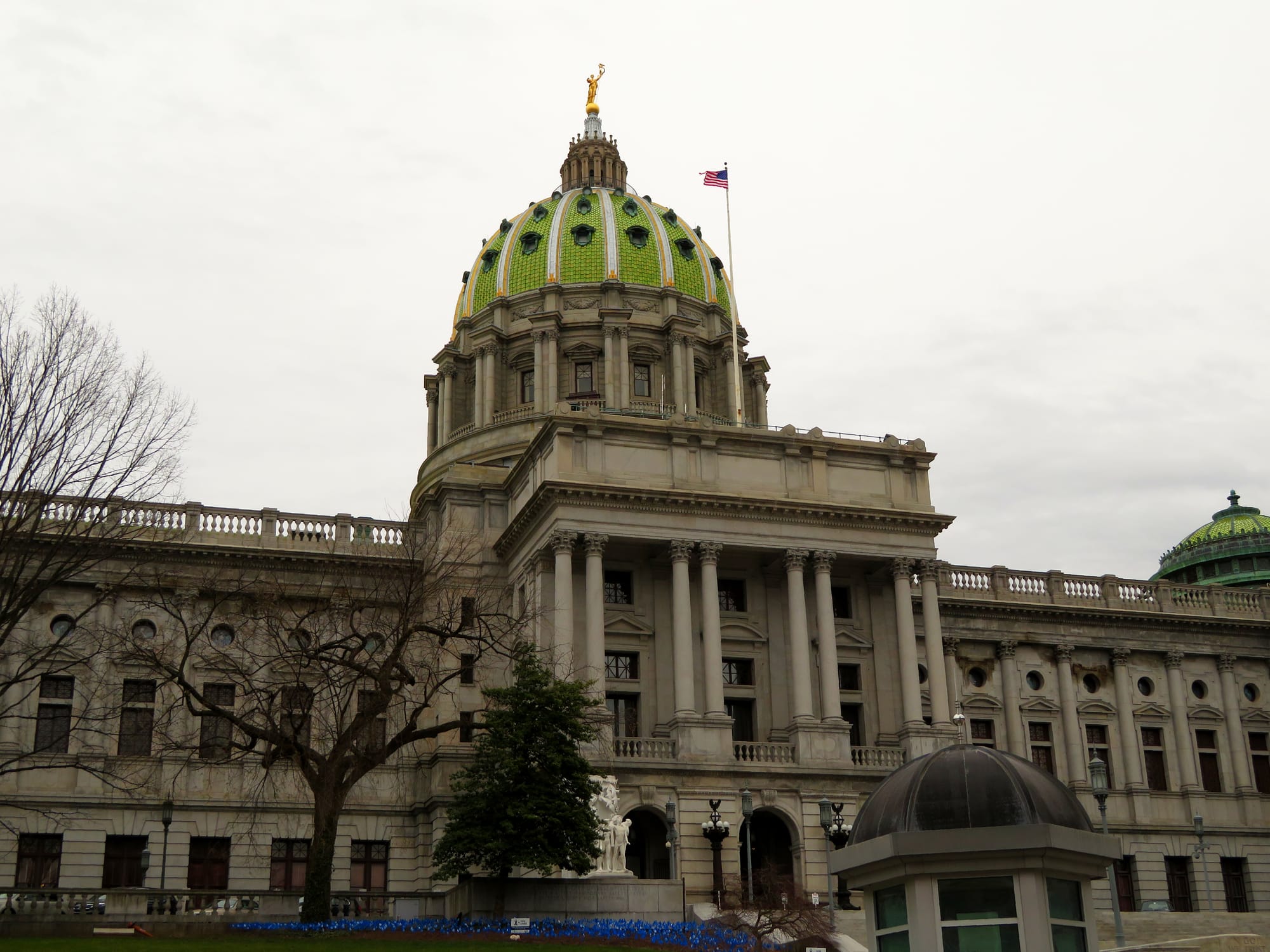What Philadelphia Voters Should Know About the 2025 Supreme Court Race
Retention elections might be one of the most significant “yes” or “no” votes you’ll ever get to make at the polls.
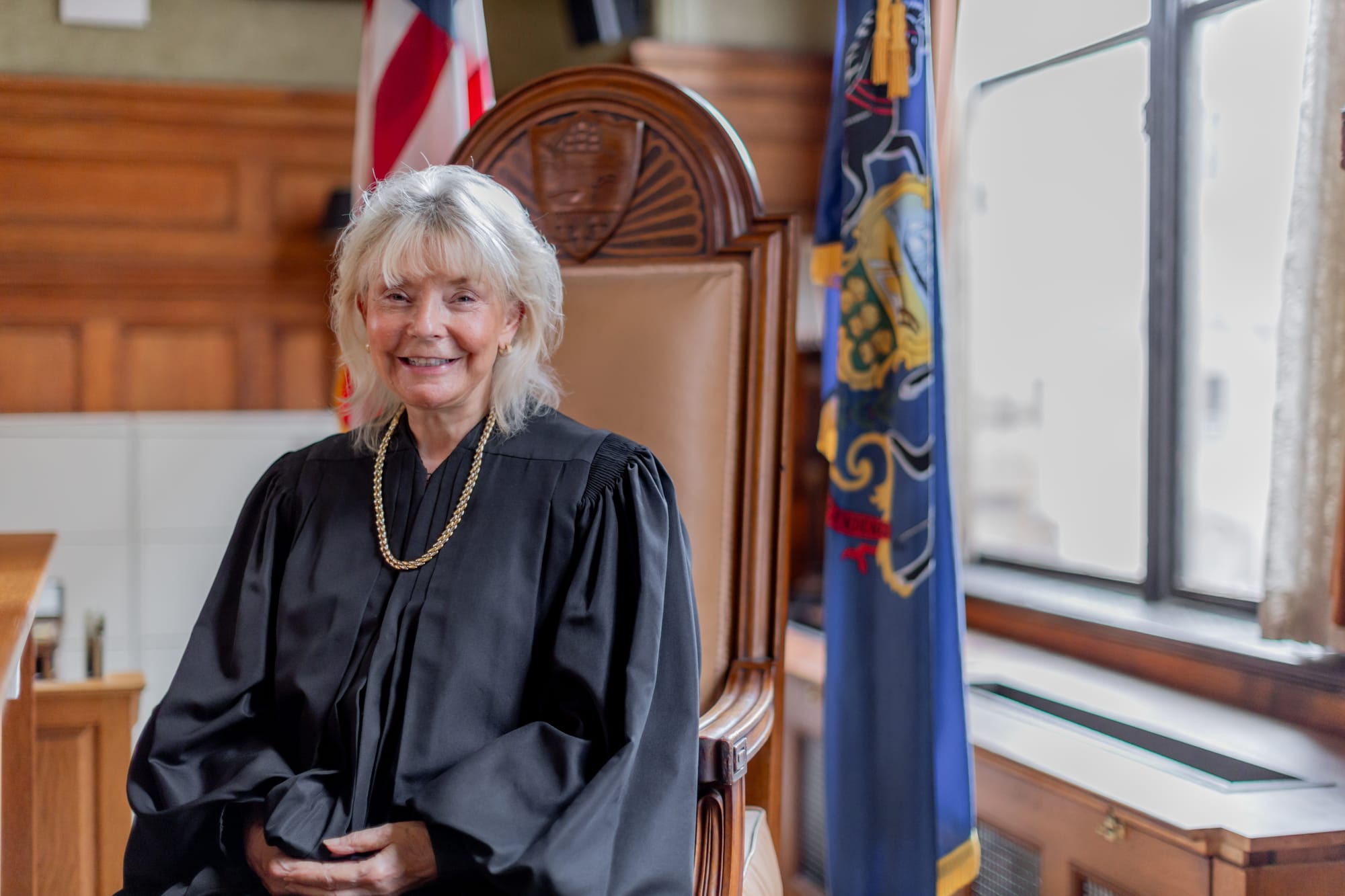
This November, Philadelphia voters will see one of the more consequential items on their ballot: retention votes for three justices of the state Supreme Court.
While judicial elections often fly under the radar, this one carries significant stakes for how courts will impact state policy, individual rights, and the functioning of government.
Here’s why everyone should be paying close attention to this particular election and here’s what you should know.
What Is the Pennsylvania Supreme Court — and Why It Matters
While most people are familiar with trial courts, where criminal and civil cases begin, the Pennsylvania Supreme Court operates at a higher level: it has the State’s final say on many legal questions and interprets the state constitution.
As Philadelphia attorney Jalon Alexander explained, “You’ve got appellate courts, which are essentially the appeal level court. The Supreme Court is significant because they hear appeals. It’s the last line of interpretation for Superior and Commonwealth Court decisions.”
That power to interpret law isn’t too far from home. Alexander pointed to a recent example: two years ago, the Court struck down Pennsylvania’s method of funding public schools through reliance on local real-estate taxes, ruling it unconstitutional. He noted, “If you live in a low-income neighborhood, you should be benefiting from their decision because it means we have to create a funding formula that will dedicate new resources to schools in your neighborhood.”
The Court’s rulings touch countless aspects of life, from environmental regulation to firearms policy to public benefits. Its precedents guide how statutes are interpreted, how constitutional rights are protected in the Commonwealth, and how conflicts between branches of government are resolved.
In short: The Pennsylvania Supreme Court is the ultimate judicial voice we have on the state level – a pretty big deal.
In short: it shapes how Pennsylvanians live under the rule of law every day.
How the State Supreme Court Differs from the U.S. Supreme Court
Some may see “Supreme Court” and assume it means the federal court. But the two bodies are distinct. The U.S. Supreme Court handles questions of federal law and statutes passed by Congress. The Pennsylvania Supreme Court, meanwhile, is focused on the state’s constitution and state laws.
Alexander emphasized the difference, “Pennsylvania elects our Supreme Court justices; at the federal level, Supreme Court justices are appointed via the president and confirmed by the Senate. State Supreme Courts interpret state constitutions. The U.S. Supreme Court very rarely intervenes at that level — it is mostly concerned with the U.S. Constitution.”
In short: The Pennsylvania Supreme Court is the ultimate judicial voice on the state level, The U.S. Supreme Court is the ultimate judicial voice we have on the national/federal level. We get to vote for PA Supreme Court justices, not U.S. ones..
What Is Happening in 2025: Who’s on the Ballot?
This year’s state supreme court election is not a contested race between challengers. It is a series of retention votes. Three Democratic-elected justices are up for another term: Christine Donohue, Kevin Dougherty, and David Wecht. All three were originally elected in 2015. If retained, each would serve another ten-year term.
Retention votes are simple in form: voters see each justice’s name with a yes/no option, without party affiliations or opposing candidates. If a majority votes “yes,” the justice stays on the bench.
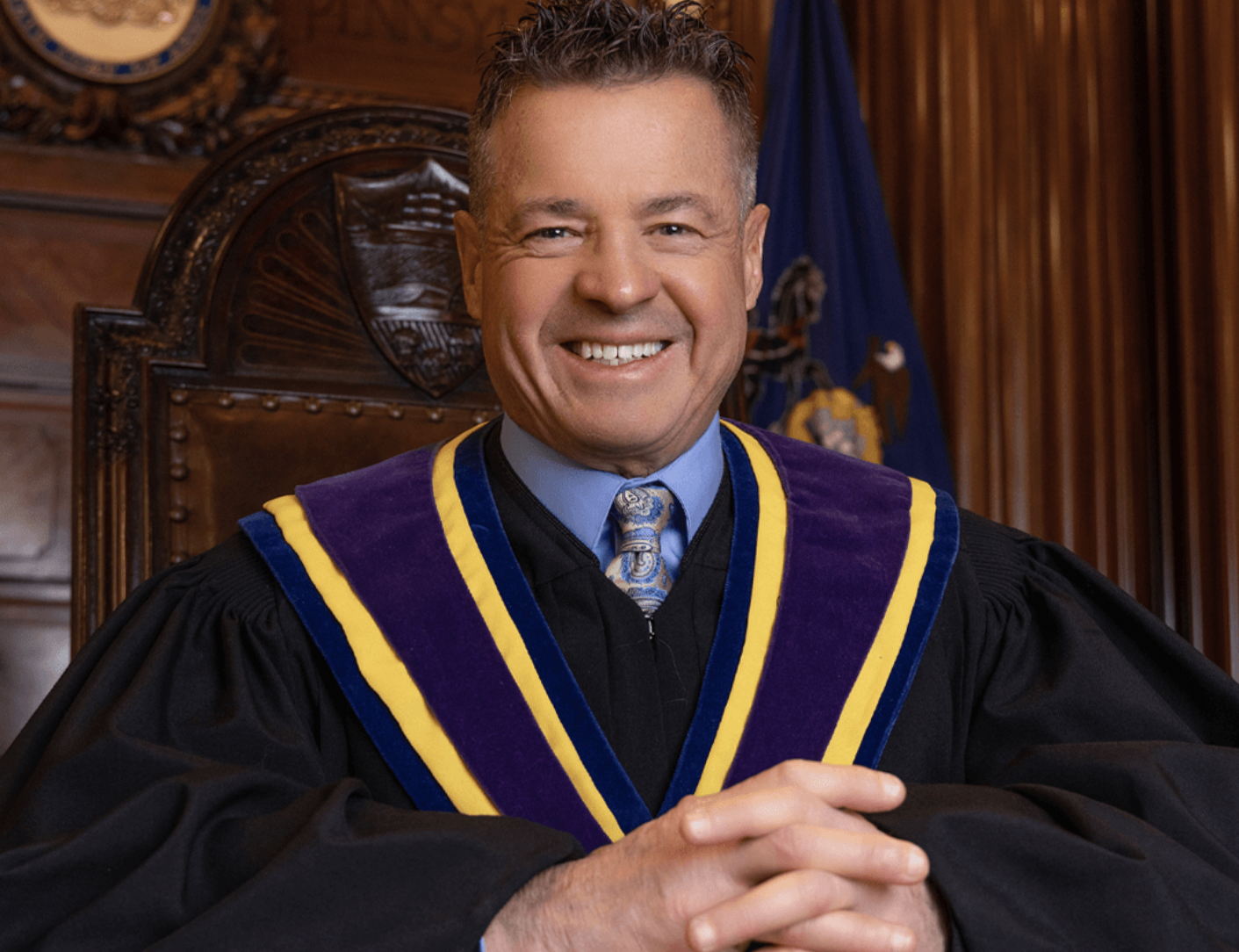
If a majority votes “no,” the governor appoints a temporary replacement, and a new election is held in the following odd-numbered year.
Because these justices currently form part of a 5–2 Democratic majority on the Court, changes in retention outcomes could shift the Court’s ideological balance. This possibility has attracted more political attention this year than usual.
In short: Voters are deciding who to already keep in power on the ballot.

Why Retention Elections Deserve Attention
One of the most common misunderstandings, Alexander said, is that judicial elections don’t matter. Many voters skip them, thinking they’ll never personally appear before a judge. But that misses the point: judges interpret the laws we all live under. He explained,
“People underestimate their impact because they assume they’ll never come before a judge. But judges interpret laws you deal with daily, even how municipal ticketing or agency programs operate might be subject to judicial review.”
He cited a local example: in Philadelphia, service cuts to public transit were challenged because they allegedly had a disproportionate impact on certain groups. The Court’s rulings in those kinds of cases affect what services people actually receive.
Retention elections are designed to balance judicial independence with democratic accountability. Judges are insulated from constant campaigning but remain subject to voter review. Historically, it has been rare for Pennsylvania voters to reject a justice in a retention vote, but the charged political environment has made these elections more visible and sometimes more contentious.
In short: At a time where there’s political uncertainty, retention elections can’t be taken for granted.
What Voters Should Keep in Mind
Retention votes show no party label and no challengers — just “yes” or “no.” Voters should evaluate justices based on their record and fairness.
Because justices are up in groups, a few “no” votes could lead to contested elections and a possible shift in the Court’s balance.
Unlike federal judges, who are appointed for life, Pennsylvania appellate judges are elected for ten-year terms and then face retention votes.
While rejections are rare, the outcome matters: it can reshape the Court’s makeup and influence decisions for years to come.
The Pennsylvania Supreme Court plays a crucial role in shaping life in the Commonwealth, from public schools to environmental protections to the fairness of elections. In 2025, voters will be asked whether to retain Justices Christine Donohue, Kevin Dougherty, and David Wecht for another decade on the bench.
As Alexander put it, “Individuals need to know judicial elections are important whether or not you feel you will ever be in contact with a judge, because it’s the one body in our state that determines how we live on a day-to-day basis.”
For Pennsylvanians heading to the polls this fall, understanding that role, and the weight of a simple “yes” or “no” vote is key to making an informed decision.
In short: Retention elections might be one of the most significant “yes” or “no” votes you’ll ever get to make at the polls.

